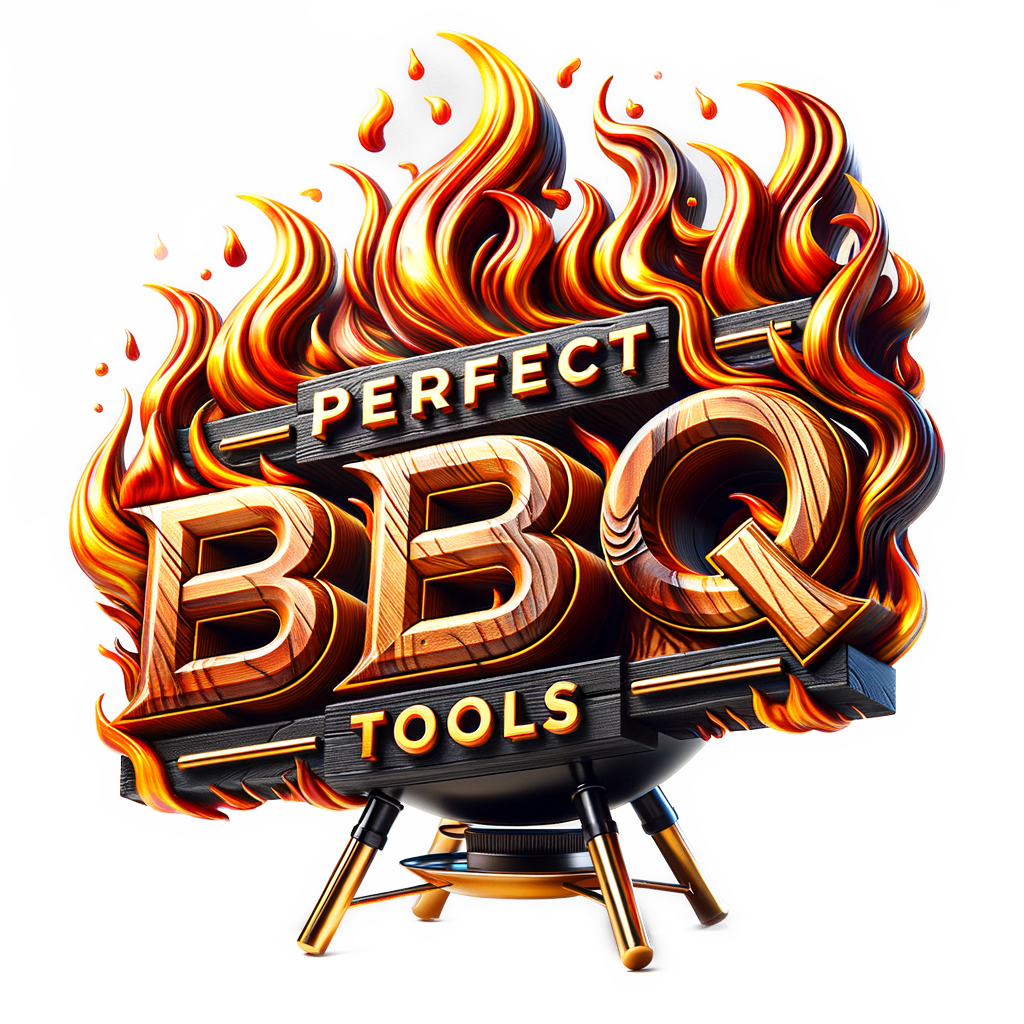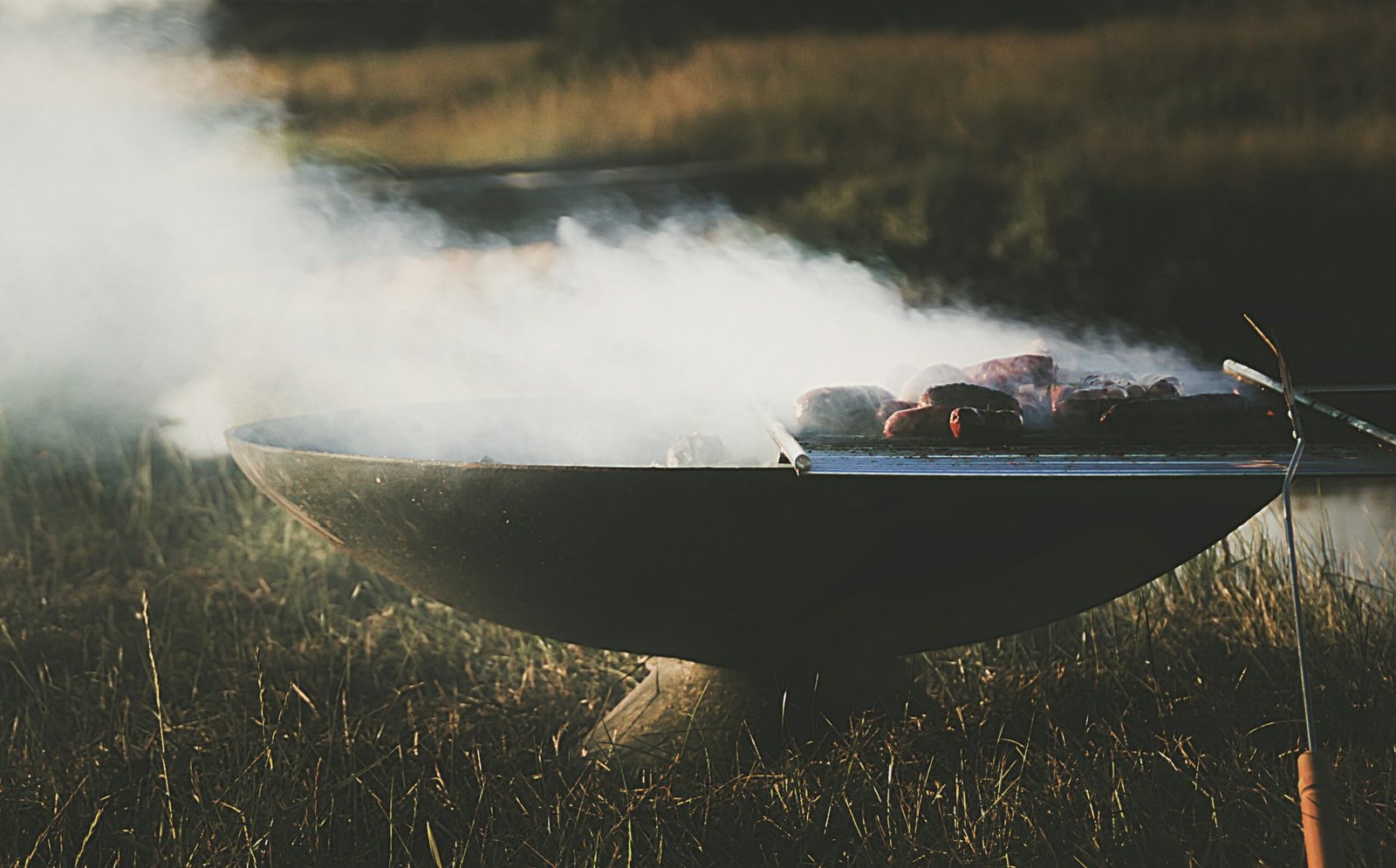Barbeque grills are a popular choice for summer cookouts, but it’s important to prioritize safety when using them. From avoiding accidents to preventing fire hazards, there are several precautions you should keep in mind. Whether you’re a seasoned grill master or a beginner, understanding how to safely operate a barbeque grill is essential. This article will provide you with the necessary guidelines and tips to ensure a safe and enjoyable grilling experience. So, before you fire up your grill and gather your friends and family, let’s explore the safety measures you should consider when using a barbeque grill.
Choosing the Right Location
When it comes to grilling, choosing the right location is crucial for the safety of both you and your surroundings. First and foremost, it’s important to avoid indoor grilling. Grilling indoors can lead to a buildup of dangerous gases such as carbon monoxide, which can be harmful, or even deadly. So, always make sure to grill outdoors in a well-ventilated area.
In addition to avoiding indoor grilling, it’s essential to keep a safe distance from structures or trees. The heat generated by the grill can pose a fire hazard if it’s too close to anything flammable. Maintain a distance of at least 10 feet from any structures or trees to reduce the risk of accidental fires.
Lastly, make sure the grill is stable before starting the cooking process. You don’t want it tipping over when you’re in the middle of grilling. Ensure that the grill is on a level surface and doesn’t wobble. A stable grill provides a safer environment for cooking and reduces the risk of accidents.
Proper Use of Charcoal Grills
Charcoal grills are a popular choice among grill enthusiasts, but it’s important to follow specific safety precautions when using them. One of the most critical safety tips is to never use gasoline to light a charcoal grill. Gasoline is highly flammable and can cause dangerous flare-ups or explosions. Instead, use proper charcoal lighter fluid to start your grill safely.
After you finish grilling and the coals have cooled off, it’s vital to dispose of them properly. Never throw hot coals in the trash or leave them unattended. Always wait for the coals to cool completely before disposing of them in a designated metal container. This prevents the risk of starting a fire in your garbage or accidentally burning yourself or others.
Another essential tip is to keep flammable materials away from hot coals. Avoid placing paper plates, napkins, or any other flammable items near the grill. Embers can easily catch on these materials and lead to a fire. It’s always better to be safe and maintain a clear area around the grill to prevent accidents.
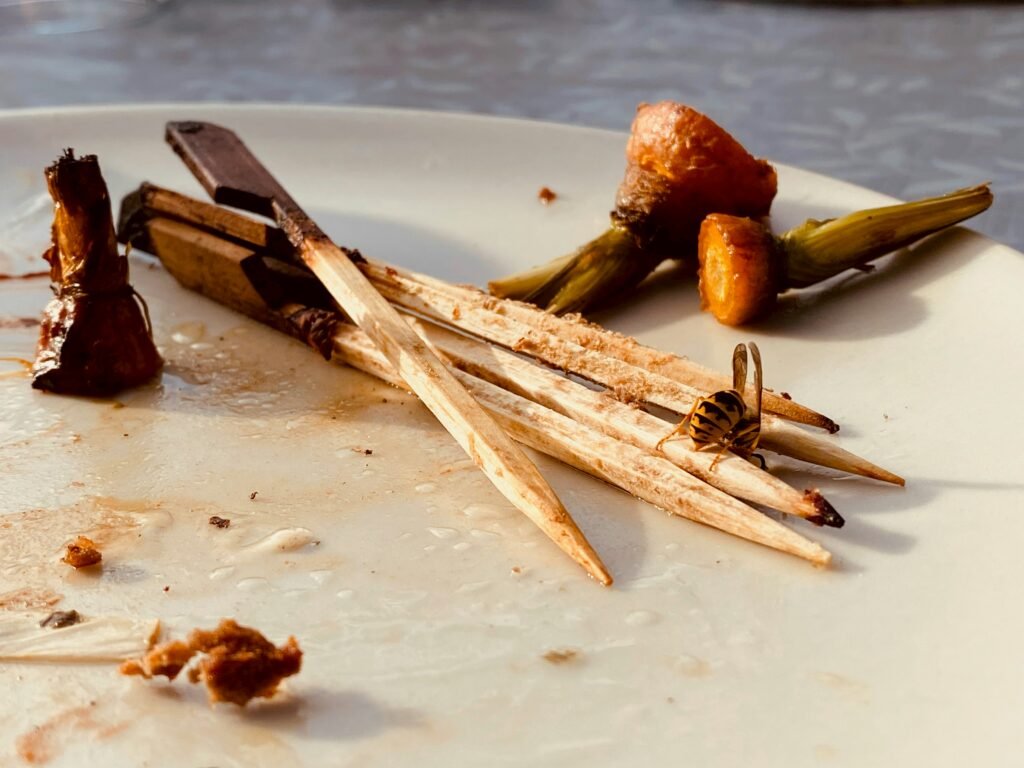
Safety with Gas Grills
Gas grills are convenient and efficient, but they require proper handling to ensure safety. One crucial step is to regularly check for gas leaks. Before you start grilling, examine the gas connections for any signs of leakage. You can do this by applying a solution of soapy water to the connections and observing for any bubbles. If you detect a gas leak, immediately turn off the gas supply and have it repaired by a professional.
When using a gas grill, always turn on the gas with the grill lid open. This prevents any potential gas buildup, reducing the risk of explosions. Never attempt to light a gas grill with the lid closed, as doing so can cause a dangerous buildup of gas that can ignite and cause harm.
If you suspect a gas leak while using your grill, it’s important to never try to repair it on your own. Gas leaks are dangerous and require the expertise of a professional. Turn off the gas supply, disconnect the propane tank, and contact a qualified technician to address the issue.
Safe Ignition Procedures
Proper ignition of your grill is essential for your safety. Always open the grill lid when igniting it to allow any accumulated gas to dissipate and reduce the risk of a flare-up. Leaning over the grill while lighting it should be avoided to prevent any accidental burns. It’s best to use a long-handled lighter or igniter to light the grill, keeping a safe distance from the flames.
In the event that the flame goes out while you are grilling, it’s crucial to turn off the gas supply immediately. A flame that goes out can lead to a buildup of gas, which can ignite unexpectedly. By turning off the gas supply promptly, you mitigate the risk of an accident or injury.
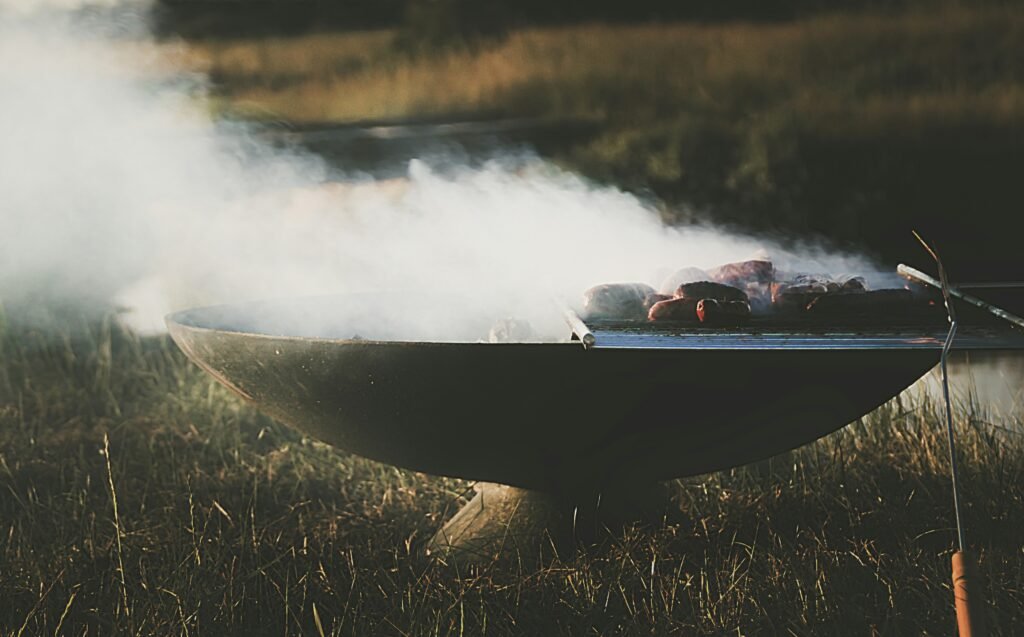
Proper Attire and Accessories
Wearing the right attire and using appropriate accessories is an important aspect of grilling safety. Loose clothing can easily catch fire, so it’s best to avoid it while grilling. Opt for fitted and non-flammable clothing to reduce the risk of accidents.
Using long-handled utensils is another safety measure to consider. They allow you to handle food on the grill without getting too close to the heat. This helps prevent accidental burns or flare-ups caused by grease splatters.
Protective gloves are a must when operating a grill. They provide an added layer of safety and prevent burns while handling hot grill grates or accessories. Invest in a pair of heat-resistant gloves to ensure your hands are protected throughout the cooking process.
Keeping Children and Pets Safe
Grilling can be a fun social activity but it’s important to prioritize safety, especially when children or pets are present. Never leave the grill unattended when it’s in use. Accidents can happen in the blink of an eye, and it only takes a moment for a child or pet to get too close to the grill and risk injuries.
Maintaining a safe distance between the grill and children or pets is crucial. Create a designated area away from the grill where they can play or observe from a safe distance. It’s essential to communicate the potential hazards of the grill to children and establish clear boundaries to prevent accidents.
Under no circumstances should playing near the grill be allowed. The grill is not a toy, and children should be educated about the dangers associated with it. Instilling a sense of respect and caution around the grill will help ensure the safety of everyone involved.
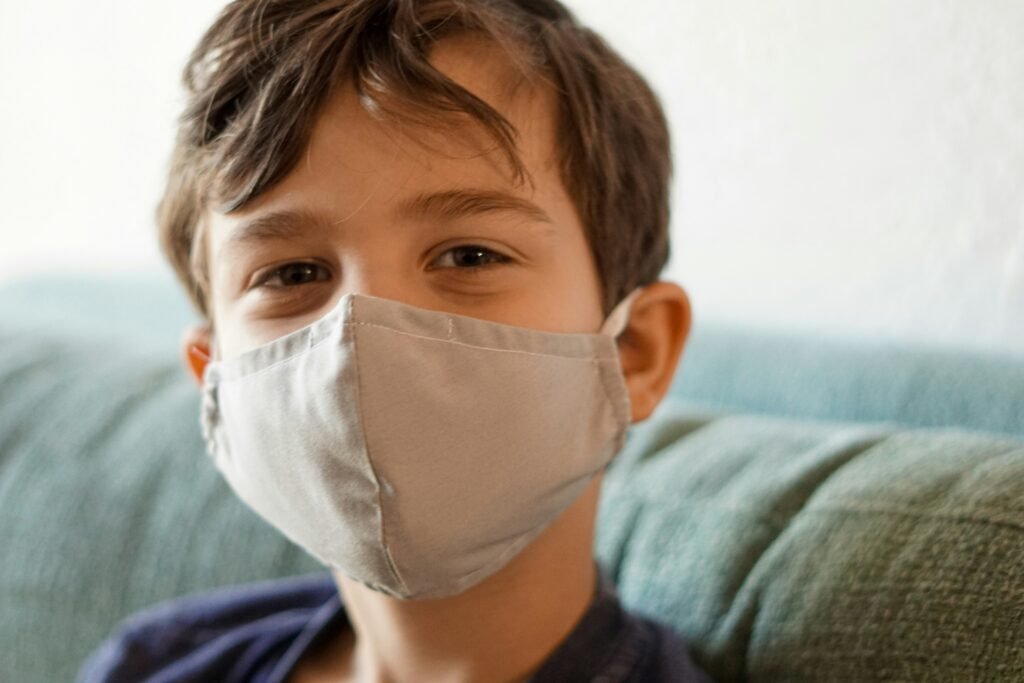
Fire Safety Measures
Fire safety is of utmost importance when grilling. Keeping a fire extinguisher or bucket of sand nearby is a smart precautionary measure. In the event of a small fire, having these resources readily available can help extinguish it quickly before it spreads.
Never leave the grill unattended while it’s hot or in use. It’s important to stay vigilant and keep an eye on the grill at all times. By being present, you can react promptly to any unexpected situations and prevent accidents from escalating.
Knowing how to shut off the propane or gas supply is an essential skill for fire safety. In case of a fire or gas leak, being able to immediately cut off the fuel source can help prevent further damage or injuries. Familiarize yourself with the location and operation of the shut-off valve to ensure you are prepared for any emergencies.
Food Safety and Hygiene
While grilling delicious meals, it’s crucial to prioritize food safety and hygiene to prevent foodborne illnesses. One important tip is to prevent cross-contamination by using different utensils for raw and cooked foods. Raw meats, poultry, or seafood can contain harmful bacteria that can contaminate cooked foods. Use separate plates, tongs, and cutting boards for raw and cooked items to avoid any risks.
Marinating food is a popular technique for enhancing flavor, but it must be done safely. Always marinate foods in the refrigerator, never at room temperature. Marinating at room temperature can promote bacterial growth, which increases the risk of foodborne illnesses. Keep marinated items chilled until they are ready to be cooked to ensure their safety.
Keeping the grill clean is not just a matter of hygiene but also a safety measure. Grease and food residue can accumulate on the grill grates, increasing the risk of flare-ups and potential fires. Regularly clean the grates, drip pans, and any other surfaces to prevent the buildup of flammable materials.
Ventilation and Smoke
Proper ventilation is vital when grilling to ensure a safe environment. Grilling in an open area with good airflow helps prevent the accumulation of dangerous gases such as carbon monoxide. Carbon monoxide is a silent killer and can be produced while using a charcoal or gas grill. Ensuring good ventilation reduces the risk of carbon monoxide poisoning.
Additionally, it’s important to avoid directly inhaling grill smoke. While the aroma of grilling food may be enticing, inhaling the smoke can have adverse effects on your health. The smoke carries harmful compounds that can irritate your respiratory system. Keep your distance from the grill and position yourself upwind to minimize your exposure to smoke.
When setting up your grill, take the direction of the wind into consideration. Ensure that the grill is positioned away from strong wind currents to prevent any unexpected flare-ups or accidents. Wind can affect the flame and make it more difficult to control, so be mindful of the wind direction when choosing your grilling location.
Storage and Cleaning
Proper storage and cleaning practices are essential for the longevity of your grill and the safety of your outdoor space. After each use, clean the grill thoroughly to remove any grease or food residue. Scrub the grill grates, burners, and drip pans to prevent the buildup of flammable materials and potential flare-ups.
Before storing the grill, ensure it is completely cool. Attempting to store a hot or warm grill can pose a fire hazard and damage any surface it comes into contact with. Allow the grill to cool down naturally before covering or moving it to a storage area.
If you have a propane grill, store the propane tanks outside in a well-ventilated area. Propane is highly flammable and can explode if exposed to high temperatures or flames. Keeping the tanks outdoors reduces the risk of accidents and ensures your safety.
Regularly check for pests in your grill, especially if it’s stored outside. Insects or small animals can seek shelter in the grill, which can pose a fire hazard or contaminate the cooking surface. Inspect the grill for any signs of infestation and take appropriate measures to rid it of pests before using it.
In conclusion, grilling is a favorite pastime for many, but it’s essential to prioritize safety when using a barbecue grill. From choosing the right location to practicing proper food hygiene, incorporating these safety precautions into your grilling routine will help ensure a fun and safe experience for you, your family, and your friends. By following these guidelines, you can confidently enjoy delicious grilled meals while keeping yourself and your surroundings protected from accidents and hazards. Happy grilling!
